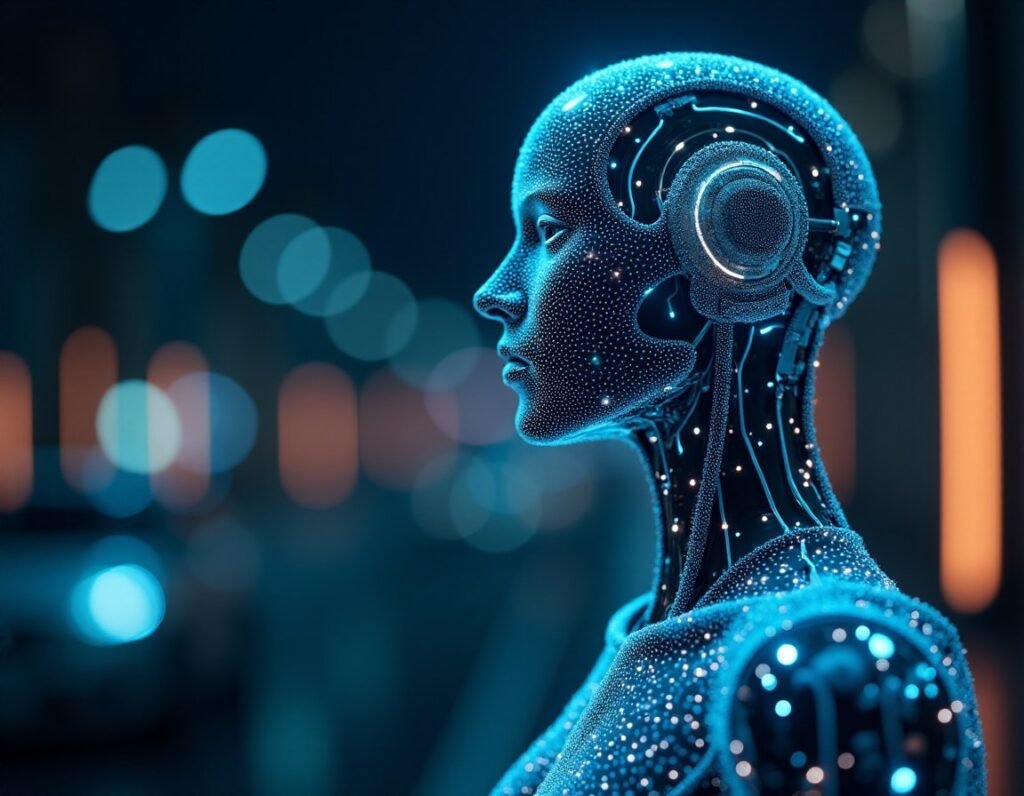“`html
Are Smart Home Automation Devices the Key to Unlocking a Life of Effortless Luxury – Or Are They Just the Beginning of a Surveillance State? As we continue to navigate the ever-evolving landscape of technological innovations and trends that will change our lifestyle, one thing is clear: Smart Home Automation Devices are revolutionizing the way we live. To learn about these game-changing gadgets, you’re in the right place! In this article, we’ll delve into the world of Smart Home Automation Devices, exploring their benefits, features, and potential implications on our daily lives. From voice-controlled thermostats to automated lighting systems, we’ll break down what makes these devices tick and how they can enhance your living space. Whether you’re a tech-savvy enthusiast or just curious about the future of home automation, this article will provide valuable insights into the world of Smart Home Automation Devices – and why they might just be the key to unlocking a life of effortless luxury.
What are Smart Home Automation Devices?
Smart Home Automation Devices are electronic gadgets designed to automate and control various aspects of a home environment. They use AI & Automation technologies to provide convenience, efficiency, and enhanced security. These devices can be controlled remotely via smartphones or voice commands, making them integral to modern living.
The Rise of Home Automation Systems
The concept of Home Automation Systems has evolved significantly over the past decade. Initially, these systems were limited to basic functions like controlling lights or thermostats. However, with advancements in AI & Automation, they now encompass a wide range of functionalities, including security, entertainment, and energy management.

Top 10 AI-Powered Gadgets Revolutionizing Our Daily Lives
- Smart Thermostats: Devices like the Nest Learning Thermostat use AI to learn your schedule and preferences, optimizing heating and cooling for energy efficiency.
- Intelligent Lighting Systems: Philips Hue and similar systems allow users to control lighting remotely, set schedules, and even change colors to suit moods.
- Automated Security Cameras: Brands like Arlo offer cameras with AI capabilities for motion detection and facial recognition, enhancing home security.
- Voice-Activated Assistants: Amazon Echo and Google Home integrate with various devices, allowing voice control over many home functions.
- Smart Locks: August Smart Lock provides keyless entry and remote access, increasing convenience and security.
- Robotic Vacuum Cleaners: iRobot Roomba uses AI to navigate and clean floors efficiently, saving time and effort.
- Smart Refrigerators: Samsung’s Family Hub offers features like inventory tracking and recipe suggestions based on available ingredients.
- Automated Blinds: Lutron’s automated shades can be scheduled or controlled remotely to manage natural light and privacy.
- Smart Plugs: TP-Link’s Kasa Smart Plug allows users to control appliances remotely, adding automation to non-smart devices.
- AI-Powered Home Hubs: Devices like Samsung SmartThings Hub integrate various smart devices, providing centralized control and automation.
How Do Smart Home Automation Devices Impact Our Lives?
The integration of Smart Home Automation Devices into our daily lives offers numerous benefits:
- Convenience: Automating routine tasks saves time and effort.
- Energy Efficiency: Devices optimize energy usage, reducing costs and environmental impact.
- Enhanced Security: Advanced security features provide peace of mind.
- Personalization: Devices learn user preferences, offering tailored experiences.
Are There Any Drawbacks to Smart Home Automation?
While Smart Home Automation Devices offer many advantages, there are potential drawbacks:
- Privacy Concerns: Increased connectivity raises the risk of data breaches and surveillance.
- Cost: Initial setup and device costs can be high.
- Complexity: Integrating multiple devices can be challenging for non-tech-savvy users.
Comparing Smart Home Automation Devices: A Quick Overview
| Device Type | Key Features | Popular Brands |
|---|---|---|
| Smart Thermostats | Energy efficiency, remote control | Nest, Ecobee |
| Intelligent Lighting | Color change, scheduling | Philips Hue, LIFX |
| Security Cameras | Motion detection, facial recognition | Arlo, Ring |
| Voice Assistants | Voice control, integration | Amazon Echo, Google Home |
What Does the Future Hold for Smart Home Automation?
The future of Smart Home Automation Devices looks promising, with trends pointing towards increased integration and intelligence. As AI continues to evolve, we can expect even more personalized and efficient home environments. However, addressing privacy concerns will be crucial to gaining consumer trust.
Conclusion: Embracing the Future of Automated Living
As we stand on the brink of a new era in home automation, the potential for Smart Home Automation Devices to transform our lives is immense. Whether enhancing convenience, security, or energy efficiency, these devices are set to redefine modern living. However, as we embrace these innovations, it’s essential to remain mindful of the challenges they present, particularly regarding privacy and security.
Additional Resources
For more insights into AI & Automation, visit our homepage or explore our dedicated section on AI & Automation. Don’t forget to follow and subscribe for the latest updates!
“`





